Last year's augmented reality investments roundup was impressive. And in 2018, the dollars flowing toward AR haven't decreased, as venture capitalists and strategic investors continue to aggressively fund AR startups at a rapid pace.
And while the technology still has yet to produce the mainstream breakout hits that the financial analysts and media are looking for, as one expert explained recently, revolutionary technology is a long game.

Niantic repeats its standing among the top 10 AR investments from 2017, but where does it rank this year?
"When I first got my first computer decades ago, I got it at my office. I learned how to use a computer at the office; I didn't bring it home. It was years before I got one to come home with. These headsets, these glasses, augmented reality, it's going to start more on an enterprise business-to-business kind of standpoint," said Larry Jones, CEO of Blackthorn Media (and former TV Land head) in an interview with CNBC.
"We already see it in the oil industry, we see it in the medical industry, we see it in the real estate industry. It is revolutionizing training, high-end training, in the oil industry like never before. That is real money, that is real savings and that will eventually trickle down to the consumer."
With those future-oriented words in mind, let's take a look at the top companies that convinced investors to bet on the long-term investment in AR.
#10 — WaveOptics ($26 Million)
The display is a key component of smartglasses and AR headsets, and investors continue to push the sector forward with funding. After securing $16 million in Series B round in 2017, AR waveguide maker WaveOptics raised a $26 million Series C round in December to expand its operations, with its sights set on enabling hardware makers to deliver consumer smartglasses at a $600 price by the end of 2019.
#9 — CTRL-Labs ($28 Million)
Gaining interest from Google Ventures and Amazon's Alexa Fund, CTRL-Labs raised $28 million in May for its neural interface technology. Facilitated by lightweight skin-contact sensors, CTRL-Labs' technology acts like wiretaps for the central nervous system, intercepting brain signals destined for the fingers and its joints. The technology could be a key component of AR interfaces of the near future.
#8 — Varjo ($30 Million)
Varjo raised $30 million in October, largely based on the strength of its VR/AR headset with "human-eye resolution" for engineering and other functions where precision visuals are necessary. Atomico led the Series B round, with Next47, the venture arm of Siemens, and existing investors EQT Ventures and Lifeline Ventures also included in the funding round.
#7 — Ubiquity6 ($37.5 Million)
This AR cloud company double-dipped the funding well in 2018. In March, the startup raised a $10.5 million round, with backing from Google Ventures and others. Ubiquity6 followed that up in August with a $27 million round led by Benchmark and Index Ventures.
#6 — Mojo Vision ($50 Million)
In one of the more intriguing entries, Mojo Vision raised $50 million for its "invisible computing" technology, with Shanda Group, Khosla Ventures, NEA, Fusion Fund, Liberty Global Ventures, 8VC, Dolby Family Ventures, AME Cloud Ventures, Open Field Capital, and others participating. The startup hasn't revealed what its product is, but, so far, it has promised hands-free AR without smartphones, tablets, or "other devices."
#5 — WayRay ($80 Million)
In September, automotive augmented reality display maker WayRay drove home $80 million in a Series C funding round led by Porsche, along with participation from Hyundai, Alibaba Group, China Merchants Capital, JVCKENWOOD, and a consortium of sovereign wealth funds, which includes interests from Russia, Japan, Saudi Arabia, Kuwait, the United Arab Emirates, and Bahrain. By comparison, WayRay banked just $16 million in a Series B round in 2017.
#4 — Rokid ($100 Million)
In a bid to expand into the US market, Rokid reportedly raised a $100 million Series B extension, led by Temasek Holdings, with participation from Credit Suisse, IDG Capital and CDIB Capital, in January. The funding news came just days after Rokid introduced its consumer-centric smartglasses, the voice assistant-enabled Rokid Glass, at CES 2018.
#3 — Niantic ($200 Million)
Pokémon GO developer Niantic reportedly raised another $200 million, led by venture capital firm IVP, with Samsung Electronics and aXiomatic Gaming also participating. The new influx of cash appears to be fueled by the momentum of Niantic's location-based AR gaming and the development of its new AR cloud platform, the Niantic Real World Platform. Previously operating within the confines of Google, before being spun off on its own as a separate company, Niantic raised the same amount in 2017.
#2 — Magic Leap ($461 Million+)
In a continuation of the Series D funding round that netted the company $502 million in October 2017, Magic Leap raised another $461 million led by Saudi Arabia's Public Investment Fund (PIF) in March. The famously well-funded augmented reality unicorn has raised more than $2.3 billion total, which doesn't include AT&T's strategic investment of an undisclosed dollar value as part of its Series D round.
#1 — Epic Games ($1.25 Billion)
Epic Games raised a massive $1.25 billion funding round in October from KKR, ICONIQ Capital, Smash Ventures, aXiomatic, Vulcan Capital, Kleiner Perkins, and Lightspeed Venture Partners. And while investors are surely salivating over Epic's cross-platform battle royale sensation Fortnite, Epic's Unreal Engine also competes with Unity as a leading 3D development platform for AR apps. As the market for AR apps grows, the demand for AR software development tools will increases in proportion.
Honorable Mentions: WaveOptics and Varajo weren't the only AR display makers raising funding in 2018, with DigiLens ($25 million), Avegant ($12 million), and LetinAR ($3.6 million) also enticing investors. One particularly interesting company to watch in 2019 is AR conferencing software maker Spatial ($8 million). Also, although two Google-backed companies working on AR cloud solutions made the top 10, another startup, Blue Vision ($14.5 million), made its exit via acquisition by Lyft. And virtual reality companies pivoting to augmented reality is a theme that could continue into 2019, as Resolution Games ($7.5 million) and vTime ($7.6 million) gained attention from investors by shifting their business models to focus on AR.
When compared to the 2017 edition, the companies among the top 10 AR investments in 2018 faced a higher bar for entry, as WaveOptics, the number 10 entry on both lists, landed a funding round that was $10 million higher this year vs. last year. However, the overall dollar values at the top of the list are somewhat slimmer than last year. For instance, the $200 million that Niantic raised last year was good enough for the number five slot on the 2017 list, but that same amount raised in 2018 is only the third-highest amount raised on the list. Ultimately, though, the investment community is showing that its enthusiasm for AR is growing and will likely continue into 2019 and beyond.
- Follow Next Reality on Facebook, Twitter, Instagram, YouTube, and Flipboard
- Sign up for Next Reality's daily, weekly, or monthly newsletters
- Follow WonderHowTo on Facebook, Twitter, Pinterest, and Flipboard
Cover image via Ubiquity6/YouTube











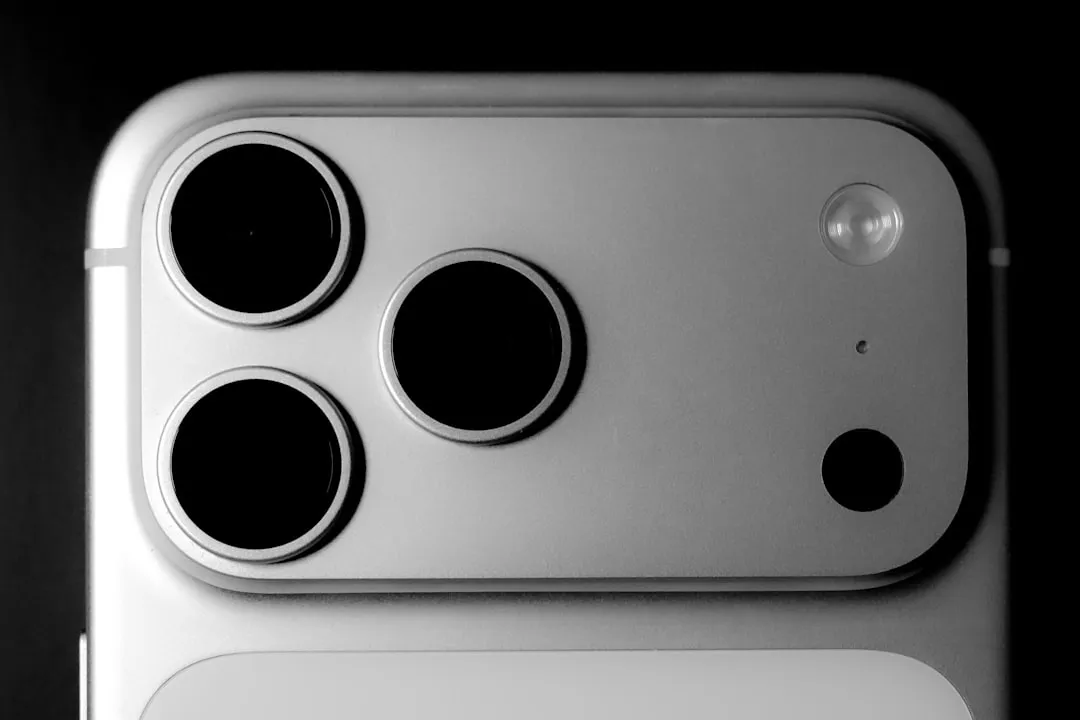




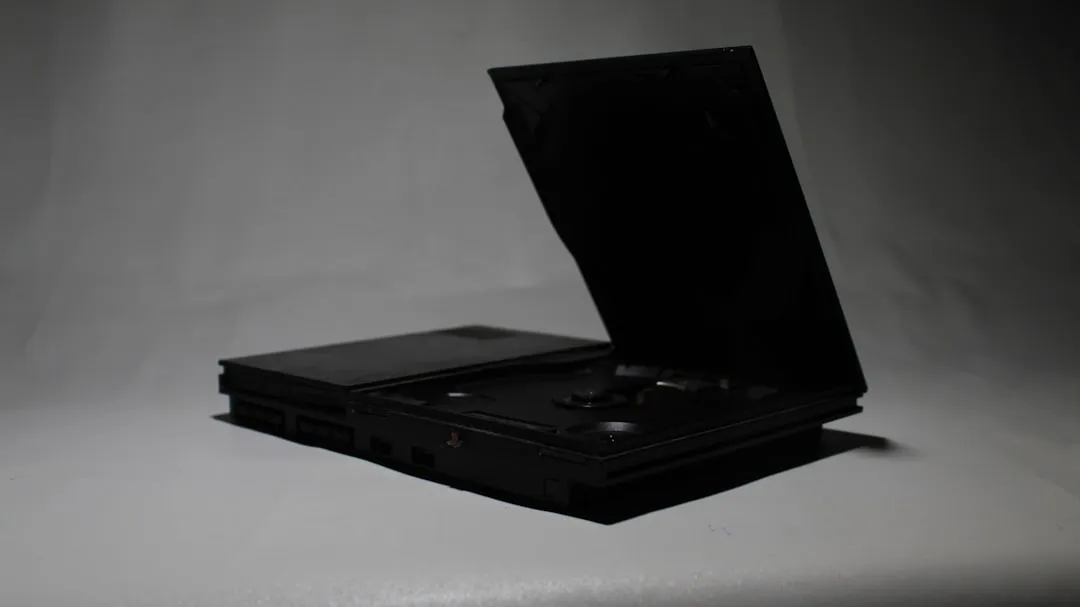








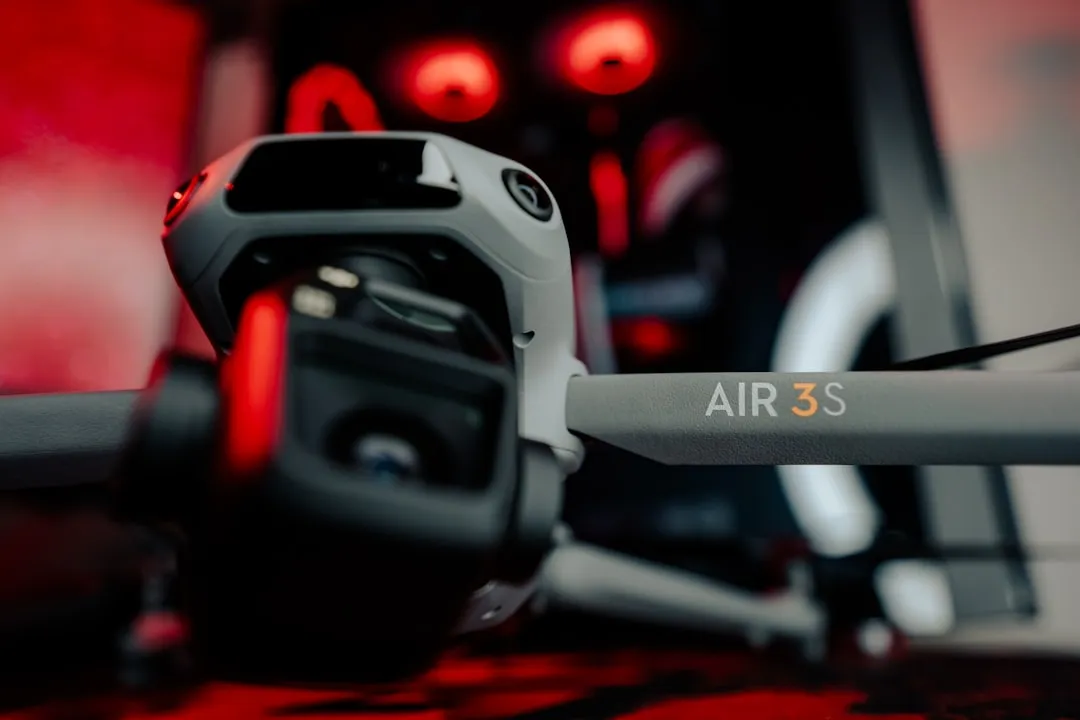

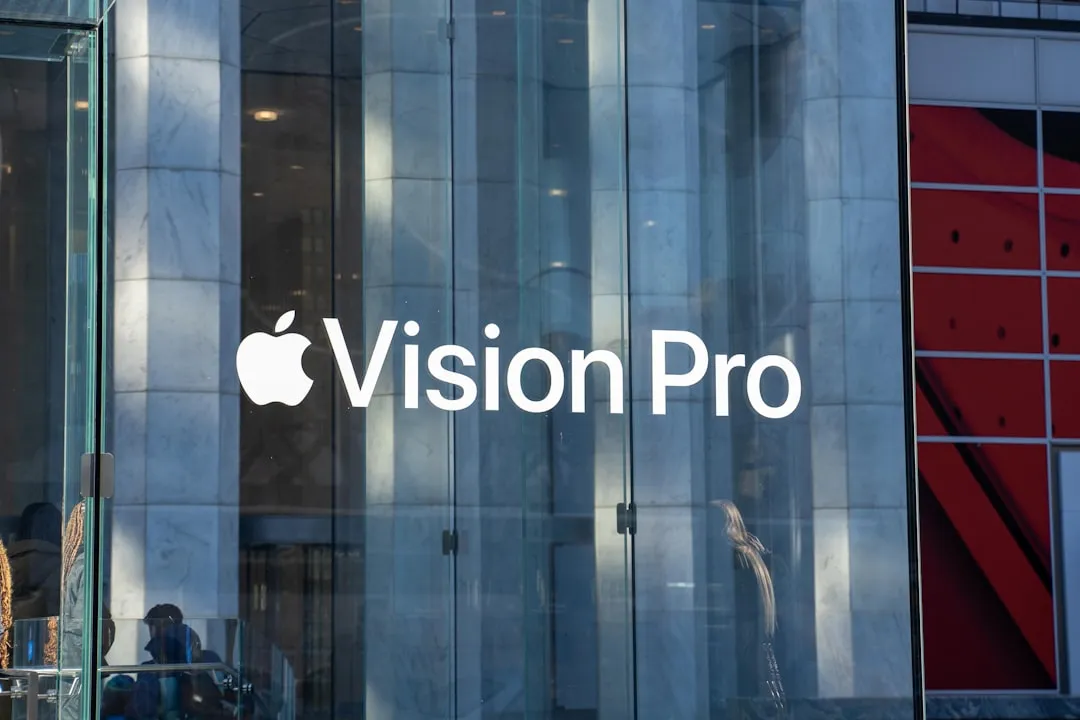
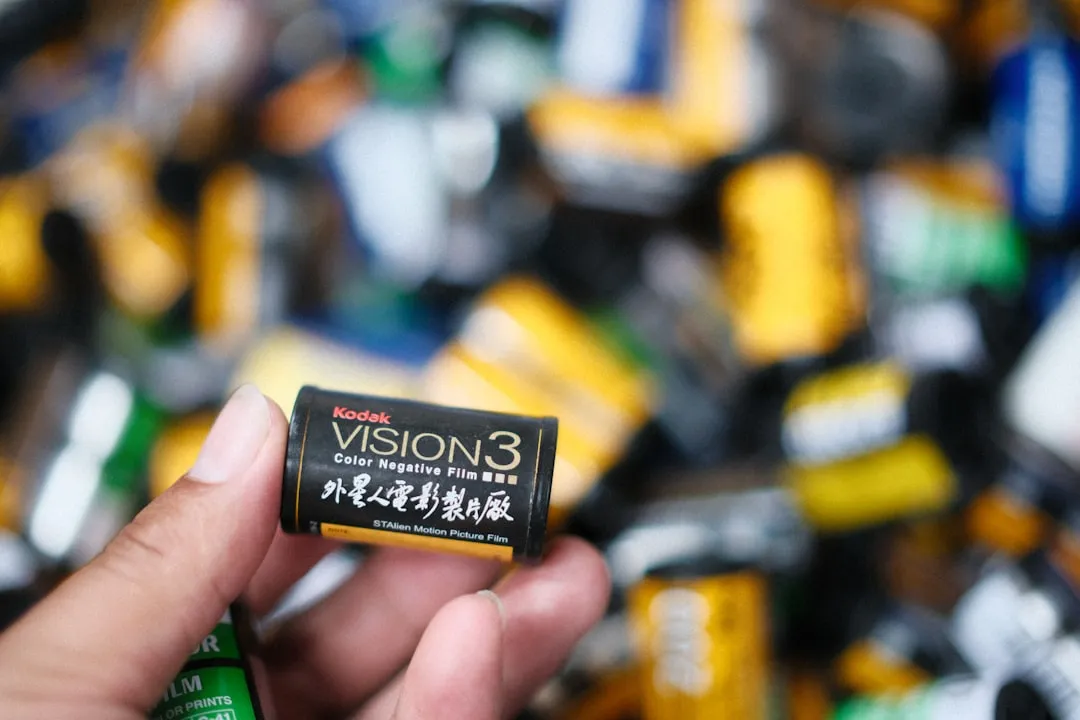
Comments
Be the first, drop a comment!